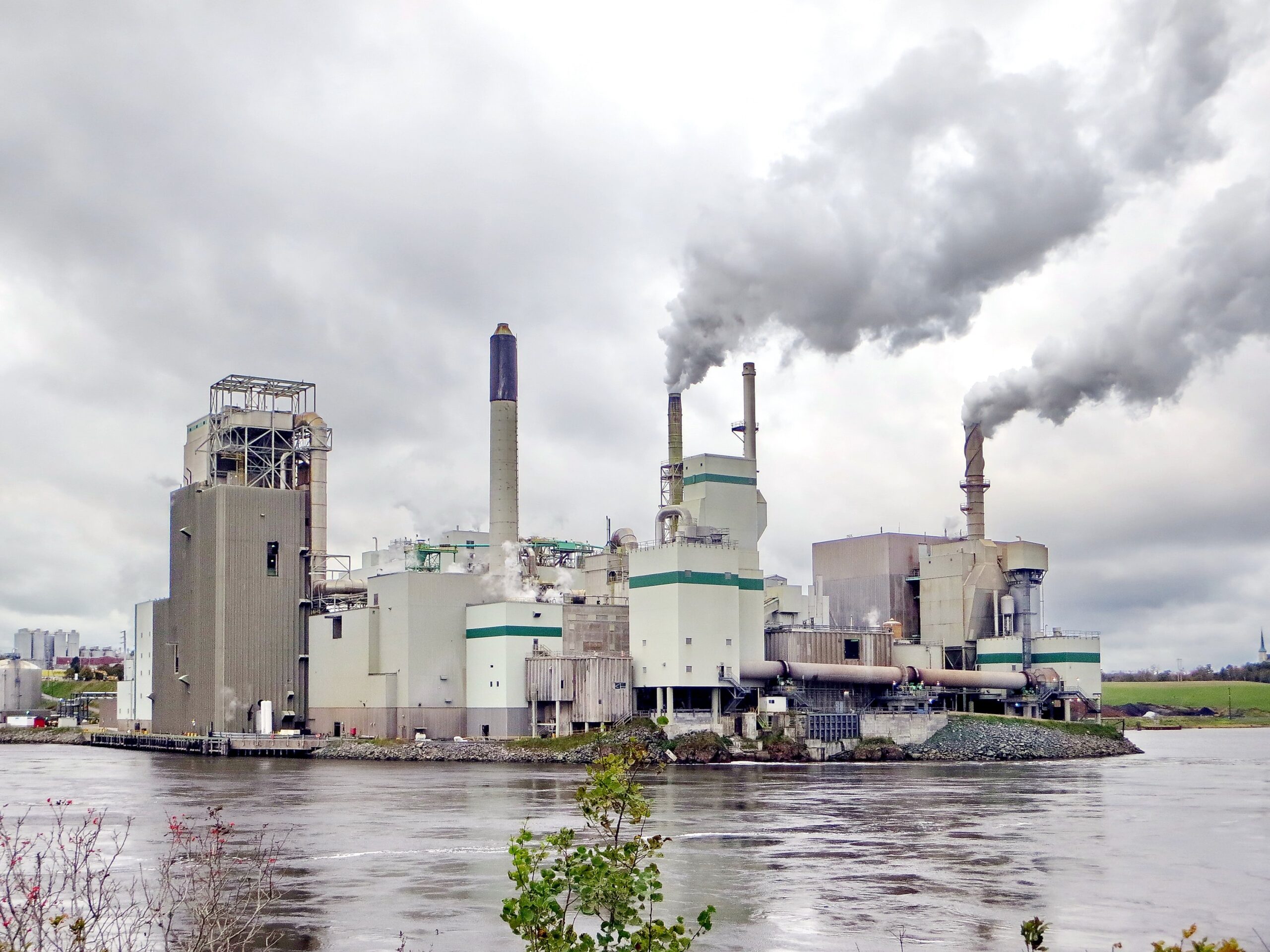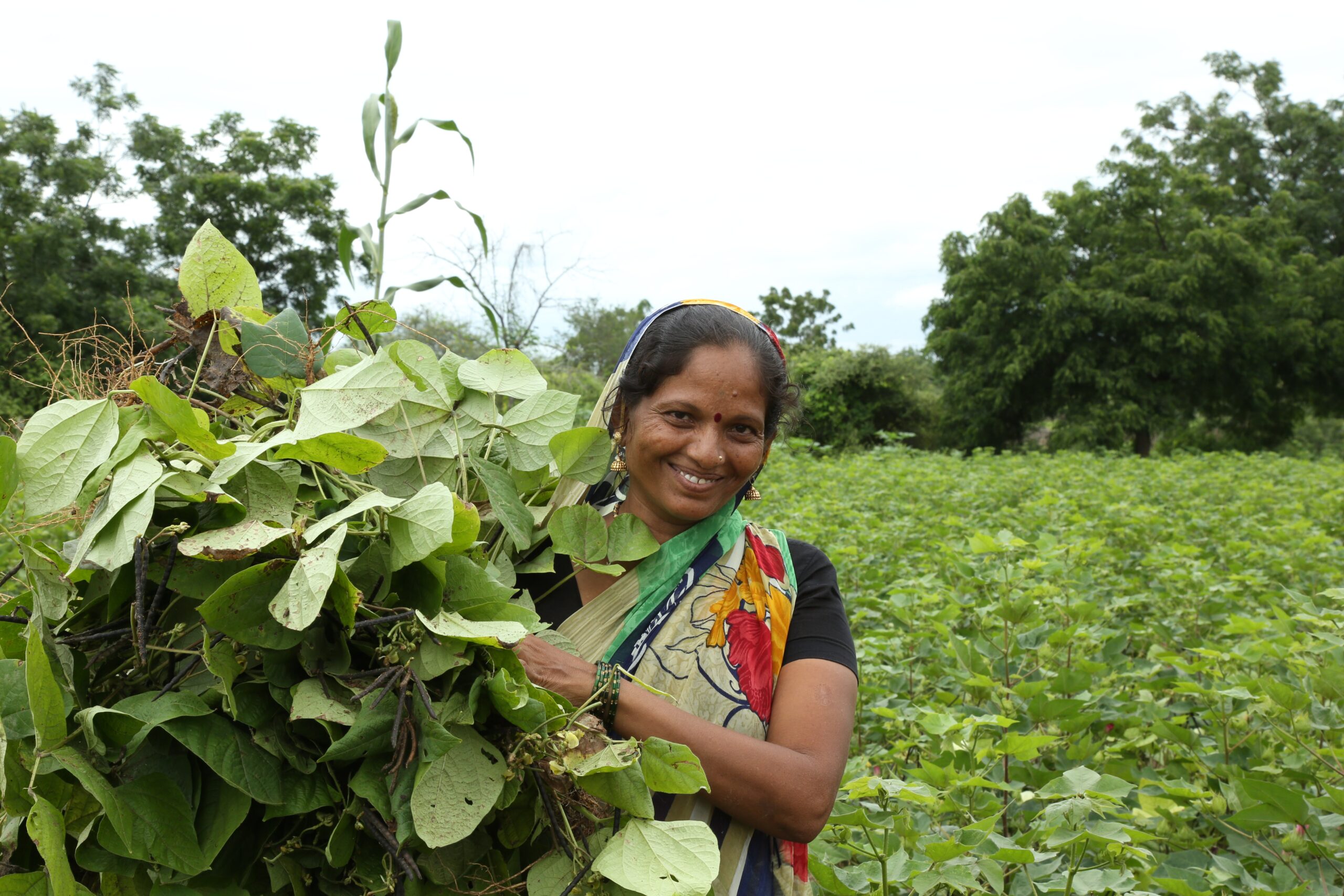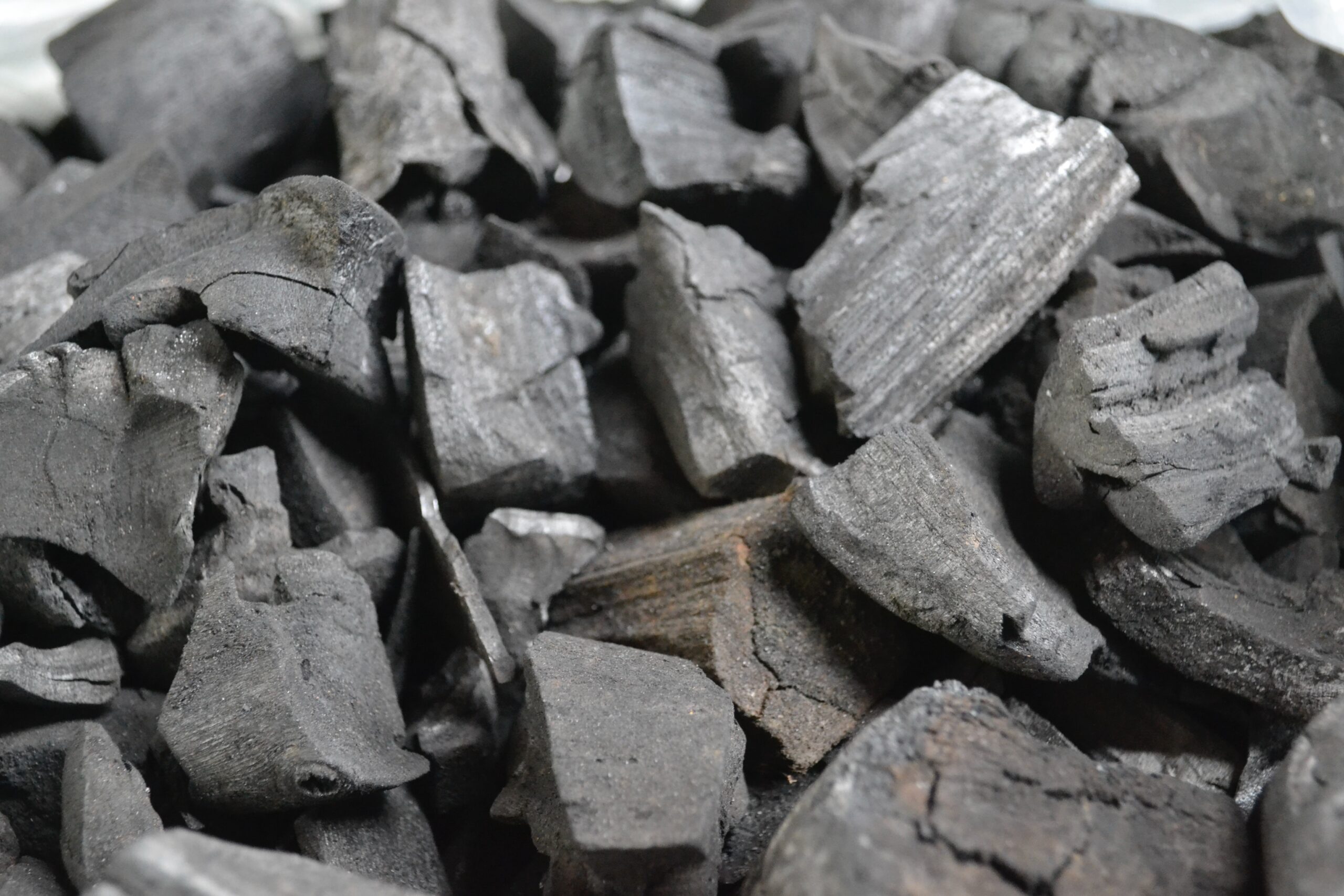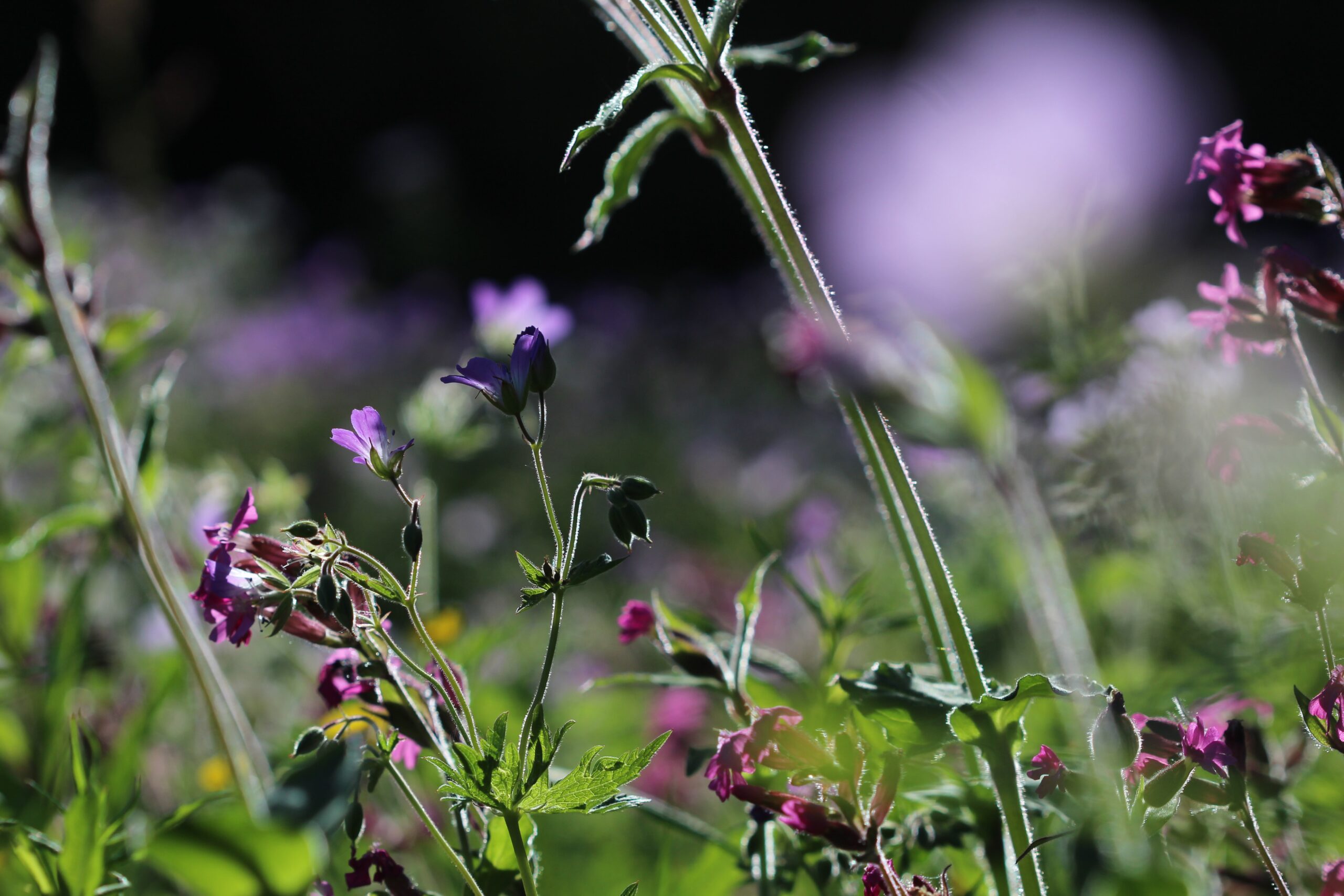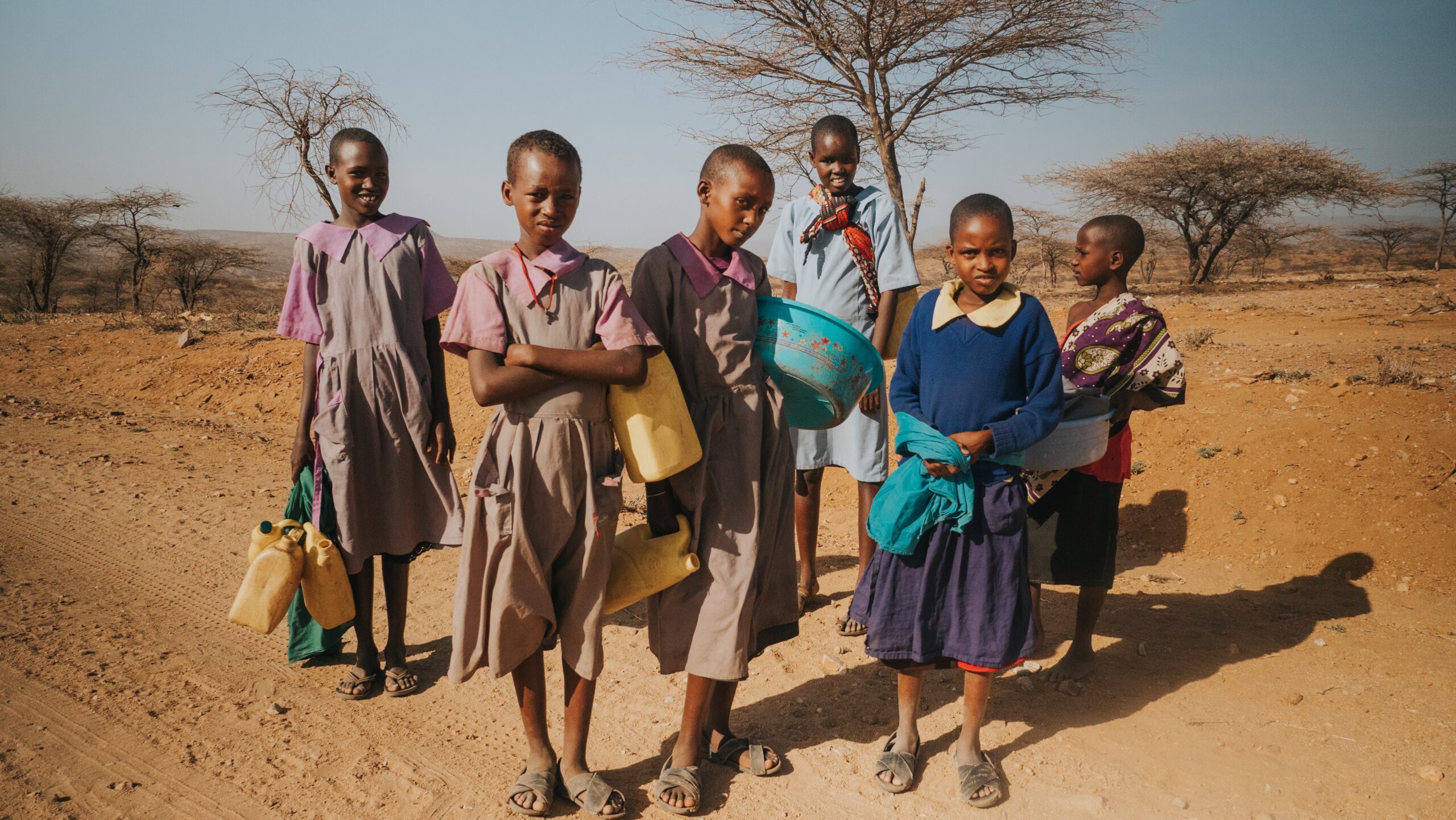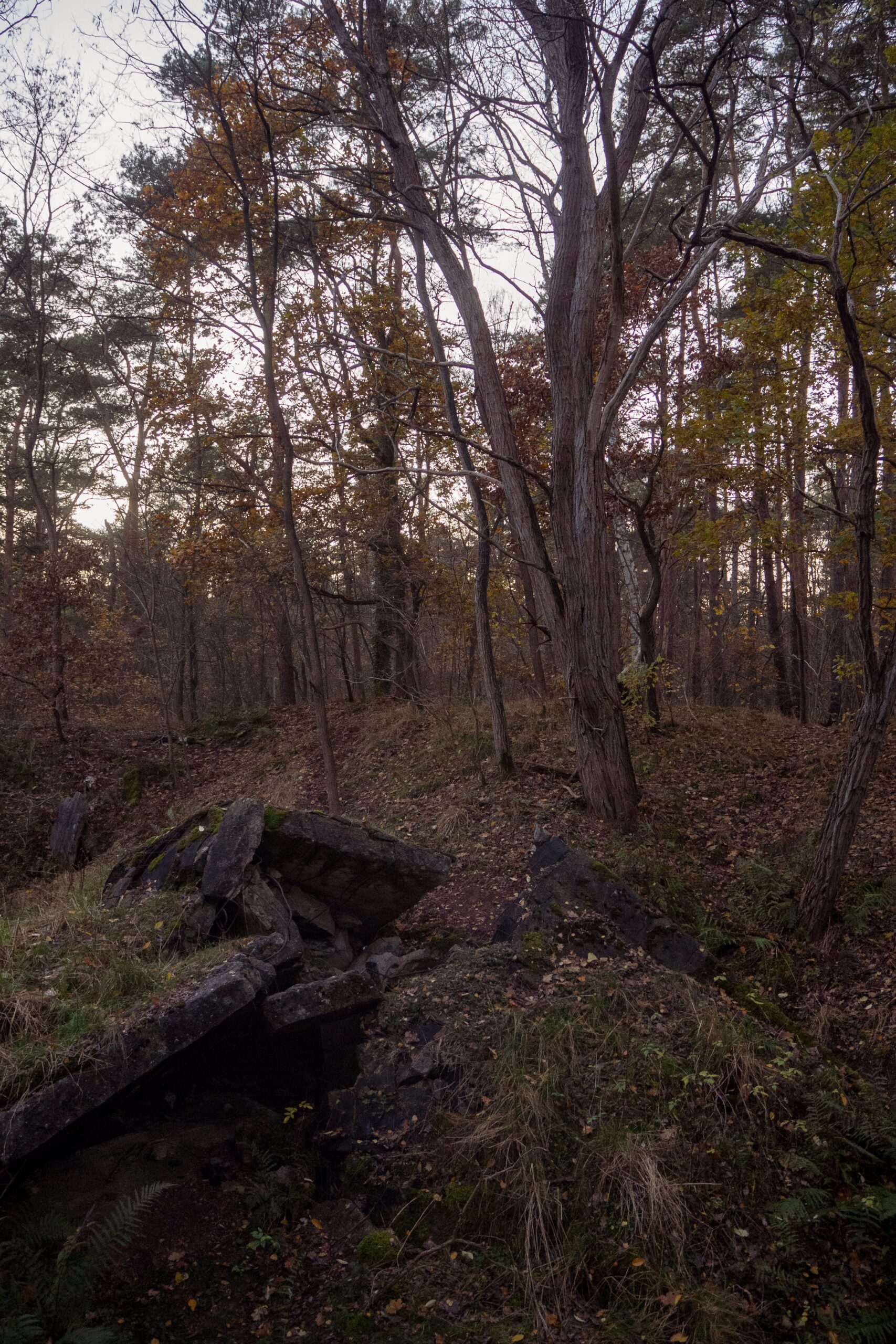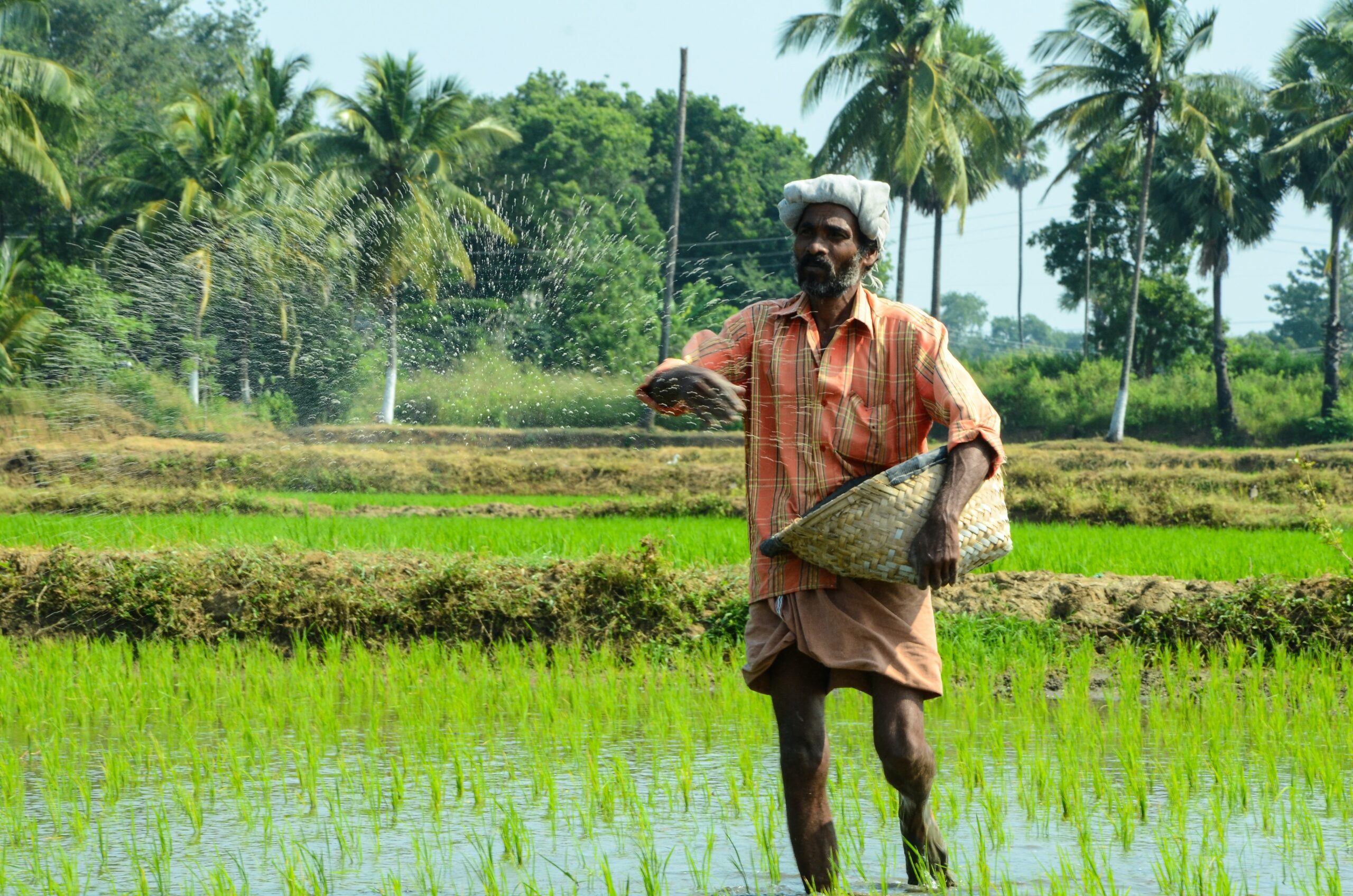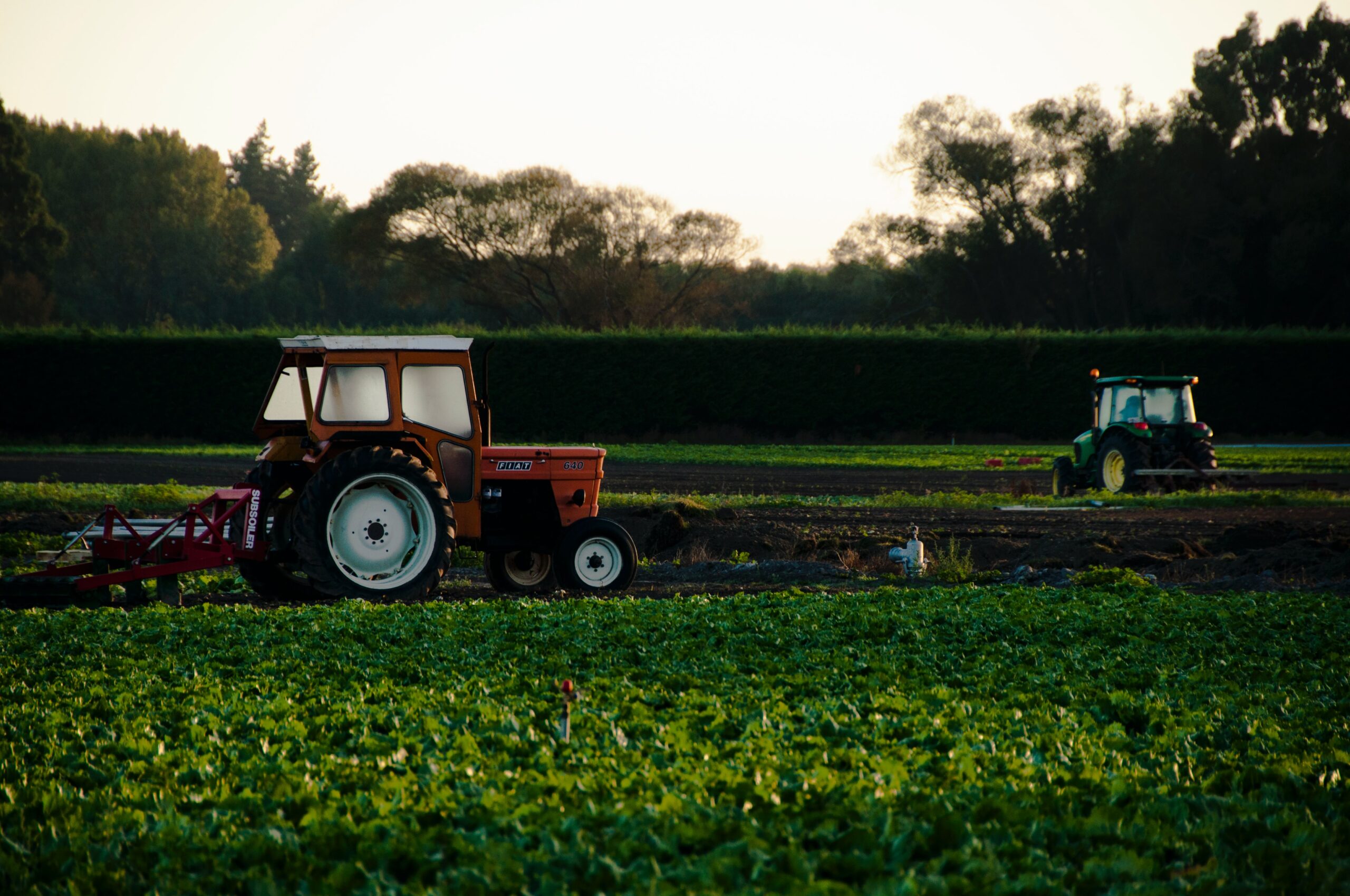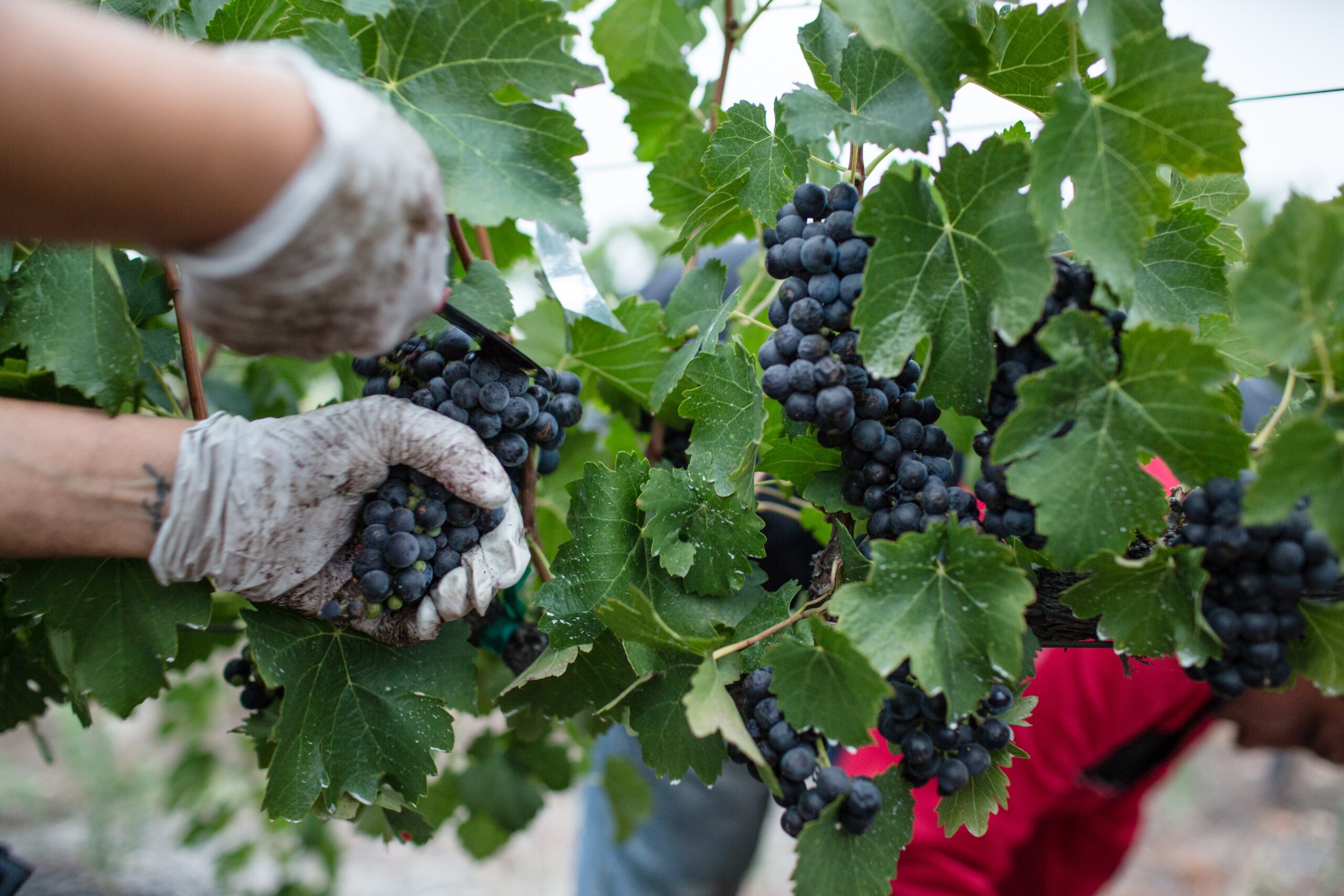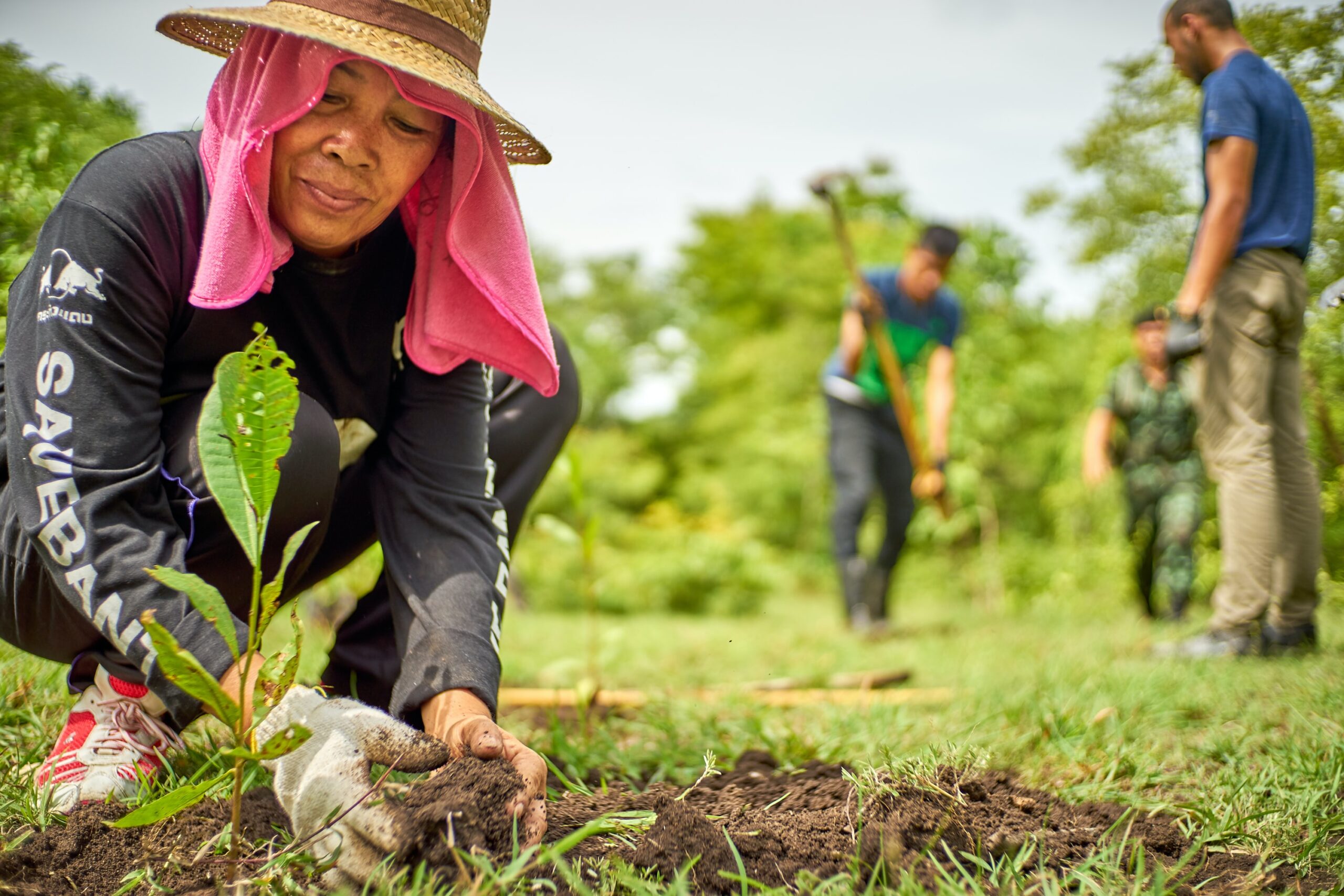Rural households have played an increasingly significant role in the conservation and restoration process of natural habitats. This paper explores rural households’ preference and willingness to pay for ecological restoration attributes in giant panda habitats using the discrete choice experiment (DCE). The DCE survey was conducted in and around giant panda habitats in Sichuan province with a sample size of 474. Using the mixed logit model, the results indicate that rural households have positive attitudes towards the improvement of ecological restoration functions, including forest vegetation restoration, biodiversity conservation, and giant panda corridor construction, but have a negative attitude towards payment, showing that rural households are inclined to pay less to gain better restoration outcomes. Among the ecological restoration attributes, forest vegetation restoration (4.44 RMB) wins the highest payment value, indicating households’ preferences and priorities of ecological restoration. In general, rural households’ willingness to pay could reach 34.28 RMB for the best choice option designed in DCE. This study emphasizes the awareness of payment among rural households to improve ecological restoration functions in giant panda habitats and indicates the importance of household participation in long-term adaptation and implementation of environmental conservation plans.












































































































































































































































































































































































































































































































































































































































































































































































































































































































































































































